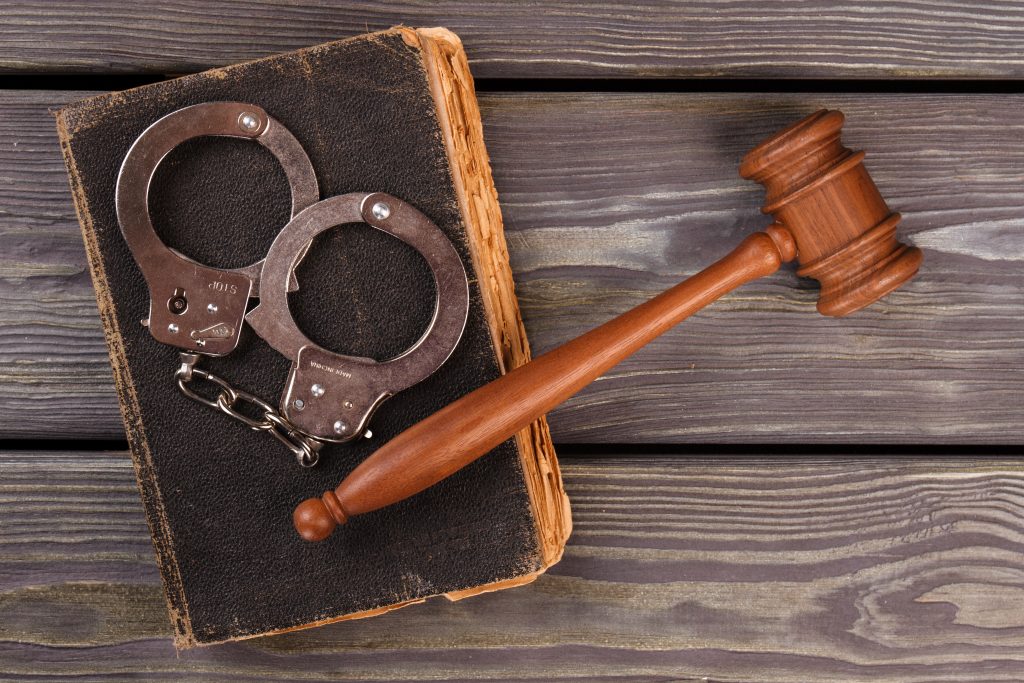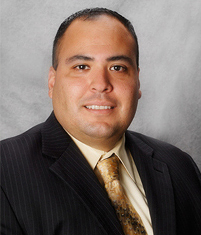Zuniga Law Offices Criminal Defense
What We Offer
We are a dedicated practice focused on criminal defense. We help our clients in the following areas:
Val Zuniga is licensed to practice law in all Texas State courts as well as the United States District Courts; for the US Eastern District of Texas, the US Middle District of Louisiana, the US Middle District of Florida, and the US Southern District of Indiana. He is also licensed to practice law in The United States Court of Appeals for the Fifth Circuit.
Val Zuniga enjoys giving back to the community in various ways. He serves as Board Member for the National Minority Lawyers and the Legal Assistants Association.

Arrest Warrants

An arrest warrant is a legal document issued by a judge or magistrate that authorizes law enforcement to arrest a person suspected of committing a crime.
Appeals/Post Conviction

Criminal appeals/post-conviction refers to the legal process through which a convicted individual seeks to have their conviction or sentence reviewed and potentially overturned or reduced. This process is typically initiated by filing an appeal or petition for post-conviction relief with a higher court, arguing that errors were made during the trial or that the defendant’s rights were violated.
Domestic Violence

Domestic violence is a pattern of abusive behavior used by one partner in an intimate relationship to gain and maintain power and control over the other. It can take many forms, including physical, sexual, emotional, and financial abuse, and it can occur in all types of relationships, including heterosexual and same-sex partnerships.
Drug Charges

Drug charges refer to criminal charges related to the possession, manufacture, distribution, or sale of illegal drugs or controlled substances. These charges may include possession of a controlled substance, possession with intent to distribute, drug trafficking, drug manufacturing, and other related offenses.
Driving While
Intoxicated (DWI)

Driving While Intoxicated (DWI) is a criminal offense that occurs when a person operates a motor vehicle while under the influence of alcohol or drugs. In most states, the legal limit for blood alcohol concentration (BAC) while driving is 0.08%. However, even if a driver’s BAC is lower than 0.08%, they may still be charged with a DWI if they exhibit signs of impairment, such as slurred speech or impaired coordination.

Baldemar (Val) Zuniga – Attorney at Law 713-378-4529
Baldemar (Val) Zuniga is a native Texan, born in Corpus Christi. While in Corpus Christi, he fell in love with the law. He found work as a legal assistant and investigator working with a team of Criminal Defense Attorneys. He assisted and gained experience working a wide range of trials, from DWI (Driving While Intoxicated) to Capital Murder.
